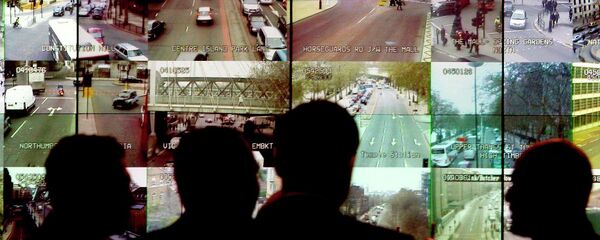However, May has agreed that parts of the bill covering the bulk hacking and data collection are to be scrutinized by David Anderson, the independent reviewer of terrorism legislation, whose previous report, 'A Question of Trust', which set out strict terms for mass data collection.
The legislation is being put through parliament in the UK Government's latest attempt to stem the criticism brought about after the revelations by ex-CIA Edward Snowden who exposed mass surveillance and collection of data by the UK intelligence agency GCHQ and the US National Security Agency (NSA).
This #SnoopersCharter should worry us all — our data — our lives —prised open for the state- no thanks! https://t.co/bEua2FU3iX
— Jane Basham (@Jane_Basham) May 25, 2016
Critics have said the draft legislation — in its current form — will allow police and the intelligence agencies to demand that communication services providers (CSPs) retain mass volumes of data on users' emails, browsing, social media use and mobile communication for up to 12 months.
Who named it #SnoopersCharter and not, 'Creeping Creepers'?
— Dr. Spits (@CallMeSpits) May 15, 2016
Back-Door Access
It will also allow a UK Secretary of State "flexible" powers to demand access to communications data, the power to demand communications be routed via a certain electronic path and secrecy from the Communication Service Providers (CSPs).
Documents associated with the draft legislation state that:
"CSPs may be required under section 217 of the Act to provide a technical capability to give effect to interception, equipment interference, bulk acquisition warrants or communications data acquisition authorizations. The purpose of maintaining a technical capability is to ensure that, when a warrant is served, companies can give effect to it securely and quickly."
The documents also state that the CSPs are under a duty not to disclose to customers that their data is being retained. "Any person to whom a technical capability notice is given, or any person employed or engaged for the purposes of that person's business, is under a duty not to disclose the existence or contents of that notice to any person," the documents say.




